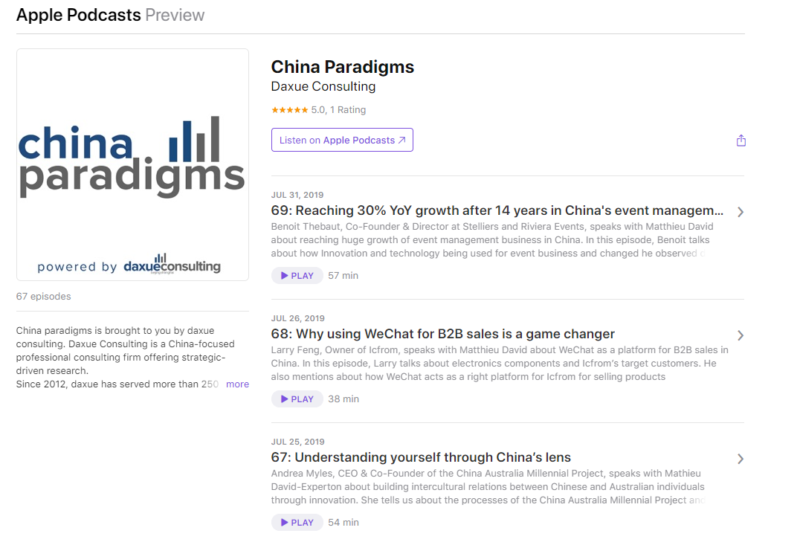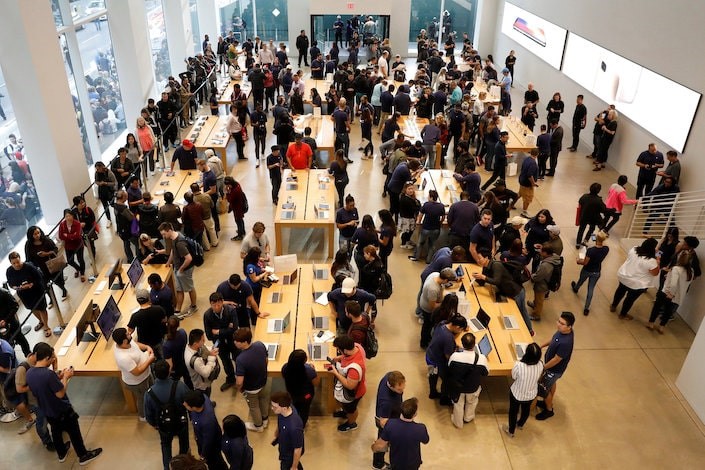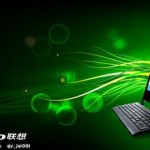Case study of the laptop market in China | Daxue Consulting
Laptops in China
The laptop market in China has regained its large sales volume due to the huge increase of gaming laptops, with their Intel ninth-generation processor, NAVIDA high-speed chips, architectural graphics and ultra-thin body structure. In the past, consumer demand for PCs was threatened by the proliferation of tablets and smartphones, which can satisfy most consumers’ everyday needs including checking social media and shopping online. The success of tablets and smart devices affected the PC market in China. In 2018, about 53.18 million PCs were sold in China, and there an expected market growth as the result of the development of new technology. Thanks to the digital savvy generation, the young workforce and gamers there is new room for growth in the computer market in China.
Laptops in the Chinese market, e-sports and technological advancement driving market growth
The laptop market in China is likely to see robust sales in future. With the emergence of high-performance, ultraportable laptops, the PC market in China has an estimated sales of 53.18 million PCs in 2018. According to Wang Jiping, assistant VP of IDC China, ultraportable laptops will be an emerging niche in China’s PC market. More people prefer laptops which run fast, have a long battery life, cater to both entertainment and work, and light and easy to carry. The Chinese e-sports market is also driving the laptop and PC market in China. PC games dominated the first 15 years of the 21st Century in China. However, the huge mobile user population changed the industry scene. Mobile gaming has already replaced PC gaming, taking the biggest share of the Chinese gaming market. However, though PC gaming is witnessing its decreasing influence in mainland China, the professional e-sports market of PC games is not. PC game-based e-sports market is still the best-performing segmented market in China compared with other types of e-sports market
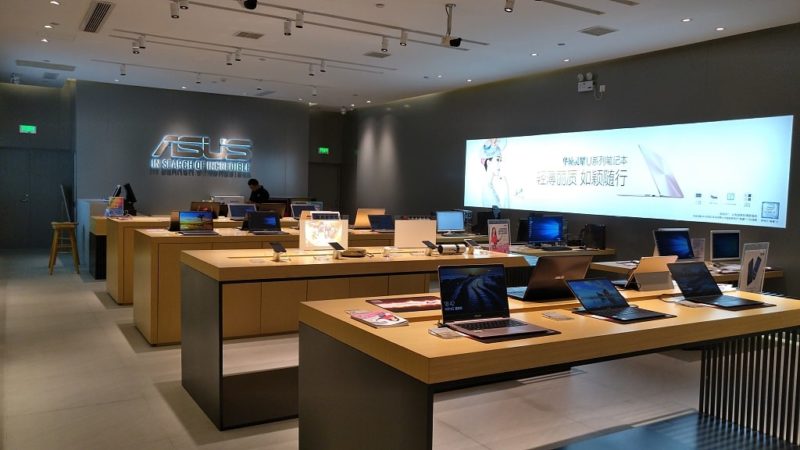
Forecast of laptops on the Chinese market
The 21st century is regarded to be an era of technological advancement and rapid economic growth. Increasing urbanisation, economic growth and spending capability of upper class and middle class customers will significantly enhance the speed of laptop market in China. The global laptop market size is estimated to reach $107.91 billion by 2025, and laptop market in China is seeing an annual average growth of 1.0%. By 2023, there will be an estimated 354 million PC gamers in China.

Advantages of laptops in the Chinese market
In addition to tablets and smart phones, desktops are a competitor in of the PC market in China. Many laptops have built-in webcams and media software preinstalled which is useful in the work environment where desktops are traditionally used. In addition to white-collar workers, some laptops are designed and marketed towards gamers, and are complete with high-quality graphics and fast processing systems. Performance is another deciding factor in choosing a laptop or a desktop. A desktop is better suited for long hours of performance and a lot of multitasking and is better suited for heavy editing software. Furthermore, laptop computers use less power than a desktop computer and it has higher battery working performance.
Segmentation of the computer market in China
Segmentation of laptop consumers in China based on income
The laptop market in China witnesses a huge demand from upper, middle and lower class customers. Both mainland Chinese laptop brands and foreign laptop brands in China target all income levels of consumers with different products. Foreign laptop brands in China normally sell laptops at a premium price, targeting both upper and middle class customers. Examples include: Apple, Dell and Microsoft. However, Chinese computer companies like Lenovo, Huawei and ASUS target all income levels.
Segmentation of Chinese laptop consumers based on age
Since 2012, the PC on the Chinese market witnessed unprecedented growth. The emergence of the gaming computer market in China has significantly contributed to the greater PC market in China, generating the revenue that was never seen before and attracting both domestic and international investors into the market. With an increasing demand of gaming computers by Chinese youth, marketing PCs in China has become more strategic and deterministic to most of the Chinese laptop brands. Furthermore, there will soon be more PC gamers in China than the total population of the United States. At $15.21 billion in 2018, the online PC games market in China accounts for more than half of the global online PC games revenue.. There were 312.4 million PC online gamers in 2018 and 79.7 million of them spend money in games, this enthusiastic passion of game has significantly boosted the sales of PCs on the Chinese market.
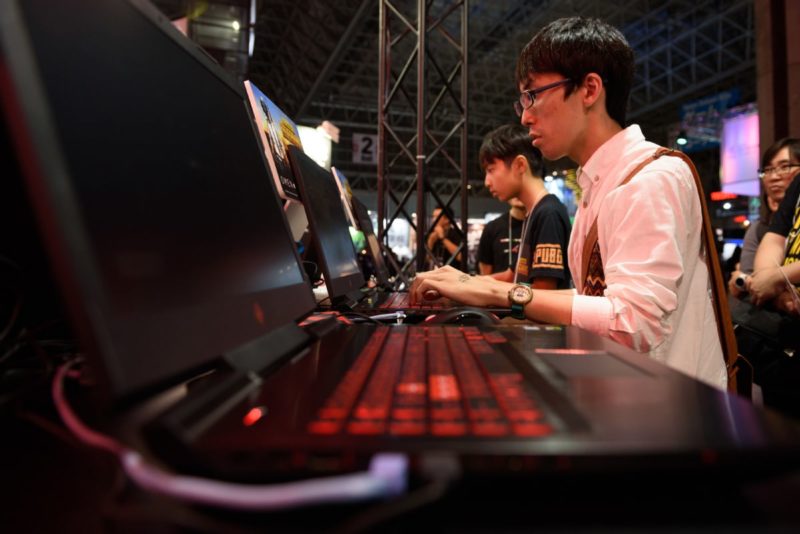
Segmentation of laptop consumers in China based on purpose
The new features of Windows OS has drawn the attention of many business organisations, corporations, governments and academic institutions. The laptop market in China recorded a higher growth, considering excessive demands of PCs in China and a huge market opportunity triggers companies like Huawei and Xiaomi to enter into PC market in China. Laptop consumers in China have diverse level of expectations, business enterprises give more emphasis on CPU speed, durability, resolution and in-built software system, while most of the students demands for less expensive laptops that can help them in carrying out their educational objectives.
Competition between Chinese laptop brands and foreign brands
Lenovo is a multinational Chinese company that uses highly integrated technological ideas in developing and manufacturing as well as selling PCs, smart phones, IT software, data management devices, smart televisions, workstations, etc.. In the second quarter of 2019, Lenovo has 25.1% market share in China’s PC market, with 15,774 million units of PCs shipments. HP is next on list, with 22.2% market share, followed by Dell with 16.9%, Apple with 5.9%, Acer Group with 5.4% and ASUS with 4.9% respectively. Acer Inc. (宏基) is a Taiwanese multinational hardwared and electronics corporation. Acer’s products include desktop and laptop PCs, tablet computers, servers, storage devices, displays, smartphones and peripherals. ASUS is a Taiwan-based, multinational computer hardware and consumer electronics company that was established in 1989. Dedicated to creating products for todays and tomorrows smart life, ASUS is the world’s No. 1 motherboard and gaming brand as well as a top-three consumer notebook vendor. With Lenovo leading the PC market in China, foreign laptop brands in China, like HP, focused on using premium materials, introduced privacy technologies built into each PC unit, and found success in laptops that convert to tablet computers. While Dell Technologies, shifted their attention to cloud service and storage solutions moving away from mainly manufacturing computer hardware to providing software and service solutions, for them to win on the laptop market in China.
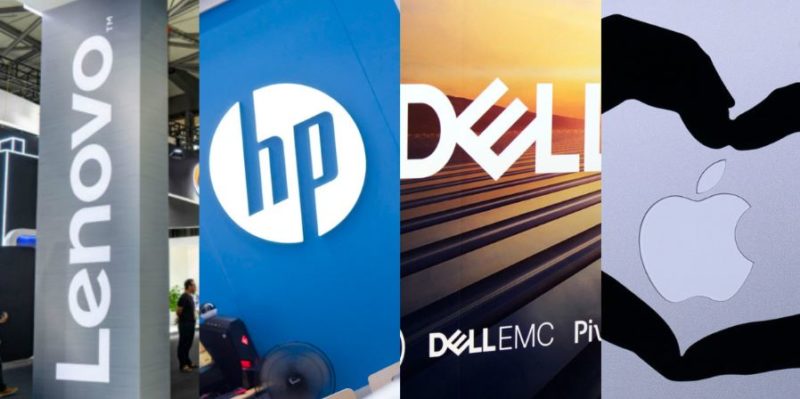
Success of Chinese laptop brands on the domestic market
Lenovo regained the world’s number one spot during the fiscal year while maintaining its industry-leading margin, with a record revenue and pre-tax profit. Despite an industry-wide processor supply shortage in the second half of the fiscal year, the PCSD business was up 14 percent year-on-year to a record revenue of US$38,475 million for the fiscal year, representing approximately 75 percent of the Group’s total revenue. Performances even exclude the Fujitsu contribution, which became operational in May 2018, outperformed the market both in revenue and shipment. Pre-tax profit of the PCSD business also reached a record of US$1,982 million, up 34 percent year-on-year, owing to a well-executed strategy in driving product mix improvement. Pre-tax profit margin edged up 0.8 percentage points year-on-year to 5.2 percent in the fiscal year.
Computer market in China is quite innovative; the Group also achieved premium-to-market revenue growth in each of the following market segments: Workstation, Thin & Light, Visuals, and Gaming PC. Huawei, Xiaomi and Chuwi are now investing into laptop market in China more and more deeply, and the competition among manufacturers is at its peak level intensifying the computer market in China. Chinese laptop brand manufacturers have to sacrifice their profits in exchange for a larger market share. For which, they penetrate into the laptop market in China within the short time having a reasonable global market share.
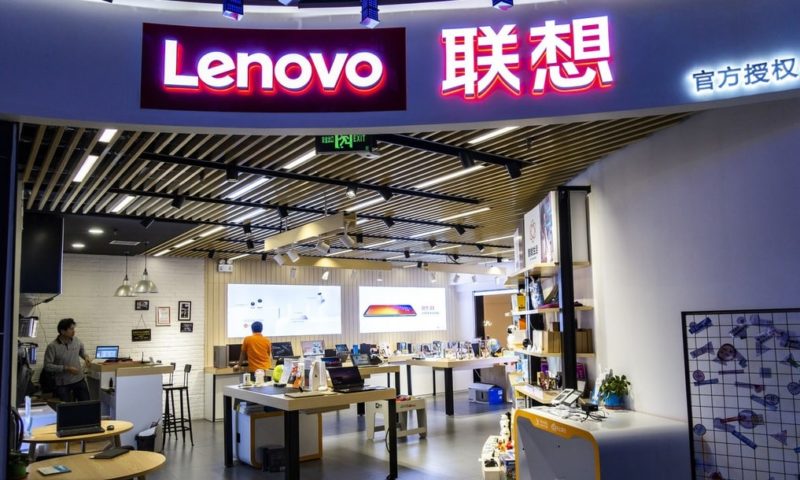
Consumer perception of Chinese laptop brands
Chinese laptop brands are now globally recognised, but when they first entered the international market they faces a lot of challenges due to the lack of competitive technology, quality, and general perception of the west about Chinese product. Example, in 2005, Lenovo IBM manufactures and develops reliable and high-quality PC products as well as provides professional services to its global consumers. But being a Chinese company clouds the way for the newly-established Lenovo’s success, it created an impression of low-quality mass produced machines as well as possible government and state issues (human resource practices difficulties are definitely worth considering). These concerns however are all image-related, but they are not to be shrugged-off just like that by most consumers. Fortunately, now a days Chinese laptop brands has a positive image on global market.
Perception of Chinese customers on foreign laptop brands in China

Apple Inc. (苹果) is an American multinational corporation that designs and sells consumer electronics, computer software and personal computers. As a result of good market environment that the company got from Chinese customers, U.S. tech giant Apple Inc. expanded its number of retail stores to 51 in Greater China by the end of 2018, the company said in a recent report. Apple has also set up nine companies and 71 branch companies, providing over 5 million jobs in Greater China, said the report on Apple’s operation and responsibility in China. Other foreign laptop brands in China that successfully get a huge market share include HP and Dell. Despite the premium price set by these companies, upper class and lower class laptop consumers in China has a positive perception of these foreign brands, and they have won a big market share in the PC market in China
Let China Paradigm have a positive economic impact on your business
Listen to China Paradigm in iTunes
